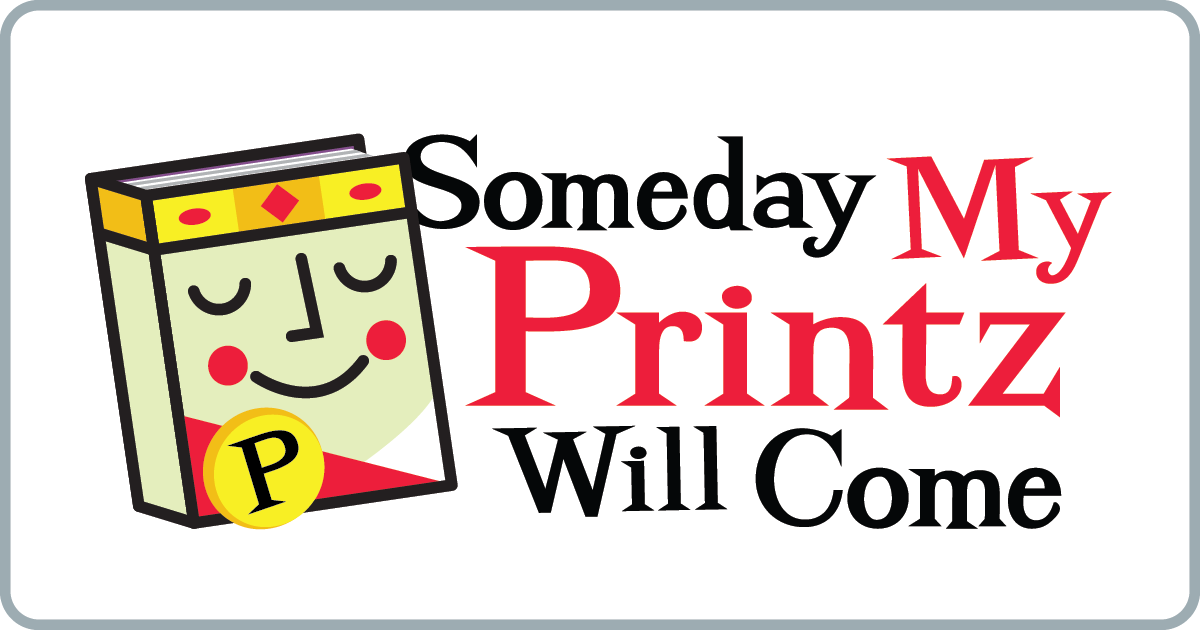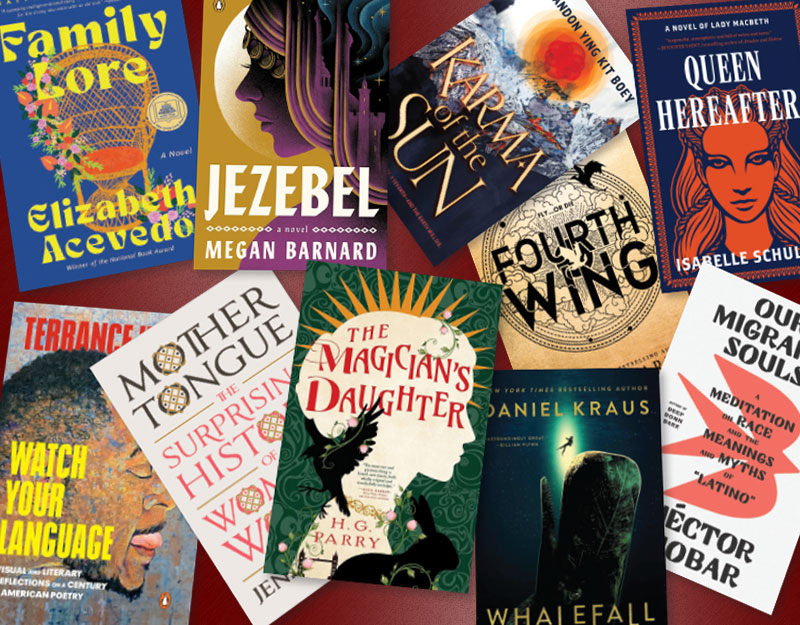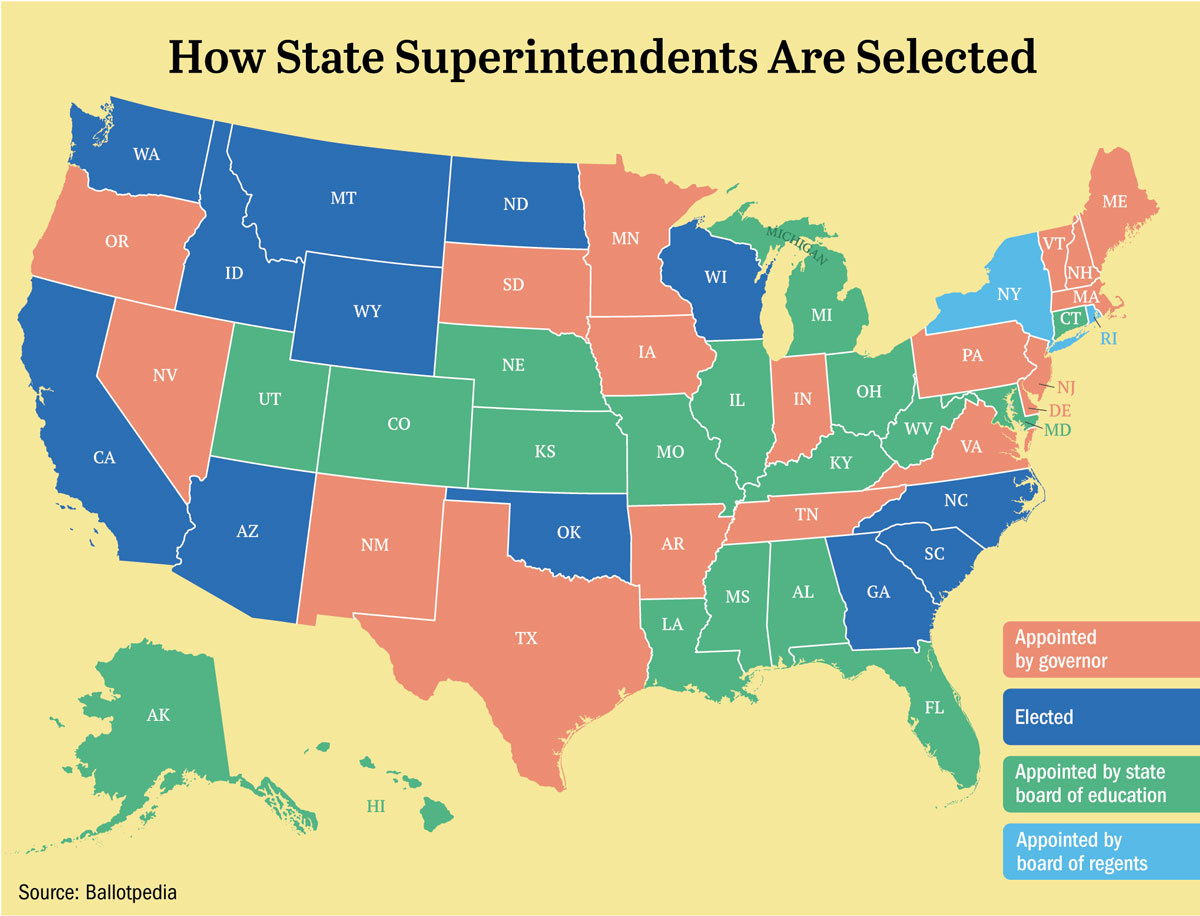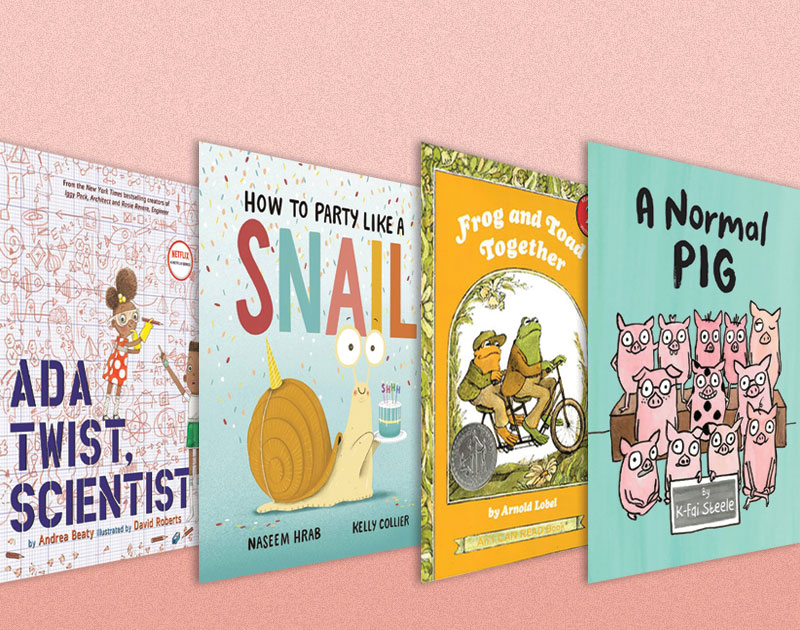SCROLL DOWN TO READ THE POST
Divergent Dystopic Visions
 Not Divergent divergent, but diverse, unexpected, small press books diverging from the post-apocalyptic formula of yesteryear: that’s what we’ve got for you today. The Marrow Thieves won both the Kirkus Prize and the Canadian Governor General’s Literary Award, and has shown up on the year-end lists for Kirkus and School Library Journal — not bad for a Canadian publication almost entirely under the radar stateside. All the Wind in the World is Samantha Mabry’s sophomore effort after last year’s enticing A Fierce and Subtle Poison. It’s a quiet book in terms of buzz, although it had a strong showing out of the gate with 3 stars and a place on the NBA longlist; it also made Booklist‘s Editor’s Choice.
Not Divergent divergent, but diverse, unexpected, small press books diverging from the post-apocalyptic formula of yesteryear: that’s what we’ve got for you today. The Marrow Thieves won both the Kirkus Prize and the Canadian Governor General’s Literary Award, and has shown up on the year-end lists for Kirkus and School Library Journal — not bad for a Canadian publication almost entirely under the radar stateside. All the Wind in the World is Samantha Mabry’s sophomore effort after last year’s enticing A Fierce and Subtle Poison. It’s a quiet book in terms of buzz, although it had a strong showing out of the gate with 3 stars and a place on the NBA longlist; it also made Booklist‘s Editor’s Choice.
 All the Wind in the World, Samantha Mabry
All the Wind in the World, Samantha Mabry
Algonquin, October 2017
Reviewed from ARC; 3 stars
I am fascinated by all the reviews that refer to this as a romance. It’s not. It’s dark and sensuous and there’s plenty of lust and something that might be love, if love was a rattlesnake bite, but this is about the lines between love and hate, truth and lie, real and fantasy. It’s about being pared down to essentials and being found wanting, but pushing through to tomorrow just the same.
ADVERTISEMENT
ADVERTISEMENT
(Incidentally, the author’s own website refers to it as a Western, but that’s not an accurate genre label either, although it may be closer than romance.)
All the Wind in the World has most of what it takes to go far, and I’m fascinated by the three stars and then the relative lack of year-end honors. It’s not a perfect book, and it’s definitely not always a likable book — Sarah Jac is strong, but she’s often terrible, and James may not be much better (although it’s hard to tell what is him and what is Sarah Jac’s image of him, which may not mesh well with the reality). It’s a harsh book with tough characters, but while it may not be a book that makes you feel good, it’s a piece of writing that demands attention.
Much of that is Mabry’s writing, which is gorgeous.
[Okay folks, technology just ate the rest of this review, which is a shame because I made a very compelling argument, so the rest of this is an attempt to recreate an hour of writing an editing that apparently didn’t save even though I pressed the save button numerous times. Ugh.]
There’s a cadence and rhythm to the writing. It’s not lyrical or poetic in the standard sense, but the use of short sentences and clauses and frequent paragraph breaks, and the relatively simple word choices, all combine to make something that sings. Open the book at any point and read aloud, devoid of context, and it’s easy to see, even if as your reading it’s hard to pinpoint why the writing is so effective.
And then there’s the sense of place: the harsh desert, the endless fields of maguey, the stink and the sweat and the unrelenting sun are all there, inescapable and real. There’s a sensous quality to the writing; details of flesh and heat are all relayed to the reader, textures and smells are present. It’s powerful and transports the reader to this harsh, mysterious place.
Characterization is complex; it’s unclear who any of them are, truly, and yet there’s a realness through small details that is incredibly effective. Is James a con man and gambler who uses women with little care, who stays with Sarah Jac out of guilt (his actions led directly to Lane’s death), or maybe because an ally is useful? Or is he a sweet boy who makes bad choices? Is Sarah Jac powerful and independent, or is she a lovesick girl who follows James because she has nothing else left, even as she hates him at another level? Even the minor characters are similarly hard to read: Eva may be a witch or may be another grifter, Gonzales may be a cruel bastard (the eggs!) or an overprotective father trying to assert dominance over Sarah Jac in that moment, in order to help keep his girls safe. And Belle! Scared child or powerful witch? The sense of unreliability in both the characters and the events at The Real Marvelous mean that the reader is operating in the same uncertain reality as Sarah Jac, making the meta experience mirror the in-text experiences. Even the underlying question of genre plays into this. Is this a Western, about place as much as people? (Certainly The Real Marvelous and the desert in general count as characters.) Is it a portrait of a toxic relationship, a kind of psychological nightmare? A passionate romance against an unforgiving world? A dystopia? All of the above? This is a shifting book, one that seems to read differently to different readers, with a reality that reads differently to different characters.
And that might be what ultimately keeps it off the table, although two reads in I’m hard pressed to find reasons not to give this my vote. If it’s a dystopia, the world-building is a little weak. (Although you could make the same claim about Station Eleven.) If it’s a romance, the fact that Sarah Jac and James are often terrible people, especially as more of their past is slowly dribbled out, is an issue. If it’s a psychological nightmare, isn’t that ending too happy? (I actually find the ending incredibly disturbing, it’s part of why I think this is emphatically not a romance novel.) And if it’s a Western, what’s up with all the possibly magical goings on? It’s possible to argue this from many directions, pro and con, which will make consensus hard to come by. I’m eager to hear how others read this, and how they judge its chances.
 The Marrow Thieves, Cherie Dimaline
The Marrow Thieves, Cherie Dimaline
DCB, September 2017
Reviewed from a final copy; 2 stars
The second half of our dystopic futures post features a book that I would peg as a dark horse contender — it got one starred review (Kirkus — though, FWIW, Quill and Quire gave it their own starred review)… but it has been recognized on a few year end lists and has already accrued some awards as the year has come to a close. This is a book that has some buzz, and may be gathering more as we approach ALA. It also has a few other things going for it: a compelling premise; the strength of Dimaline’s #ownvoices experience infusing the text; strong characterization. Not part of a Printz-related conversation, but still exciting to me: this could be the first in a series!
ADVERTISEMENT
ADVERTISEMENT
So what works? The strong characterization, especially of Miigs and Frenchie. This is science fiction that focuses first on character. Part of this character is drawn through cultural specificity, another part is through using nuance and care to define these people. They’ve all had their own experiences, shared through their “coming-to” stories, which give each member of this chosen family their own perspective and understanding. Dimaline’s writing, too, is quotable and gorgeous. There are a great many dark elements in the story, but the descriptions of the world somehow seem infused with hope and beauty. The world building is carefully done, though not the focus of the story. Instead, the thematic richness — an avoidable future, a way to talk about the real-world past, an insistence on grappling with the horrors of the past to understand the horrors of the present — gives readers a lot to consider not about a possible future but instead about an unjust-but-still-hopeful present.
Slight sidebar: I keep thinking about how to classify this — it certainly wears the trappings of a dystopian novel. It also has some elements of survival fiction. However, it never feels entirely like either of those; instead it has its own feel, its own purpose, and its own focus. It feels new to me. It takes elements of these other sorts of narratives and uses them to talk about the world today, about issues of the past that still touch lives today. Honestly, it feels a lot like Shadowshaper to me — using genre conventions to have a different sort of conversation than you typically get.
In the case of The Marrow Thieves, it’s using the conventions of the dystopian genre to talk with specificity and respect about indigenous cultures today, and to examine the way history touches these characters. This is not so much about cold questions about government and policies and prevention (the heart of most dystopia — well, and the plucky youth who will save everyone). Instead, the focus is precise, looking at the people on the pages, focusing on the way they are in the world, rather than the building blocks of the world. So, let’s think about it. RealCommittee seems most often to hand out medals to books that blend genres. And The Marrow Thieves is ultimately a dystopian book, but it does such an interesting job of breaking the mold of dystopia that I think RealCommittee will be looking at it very closely.
What might keep them from coming to consensus on The Marrow Thieves? I can only come up with a few, small things. The flashbacks provide a lot of information about the characters, but may feel slightly repetitive. Dimaline throws in some foreshadowing/chapter endings that might feel a bit too obvious rather than ratcheting up the tension as they are clearly intended to do. We’ve talked before about the way conversation about books whirlpools and narrows; as committee gets closer to refining their final five, the small flaws start getting microscopic consideration, which could happen here. However, I could see a strong case being made for this title (the characterization! The writing! The use of genre! The thematic richness!) and ultimately, I think there’s a lot here that works. So while I’m not sure this will take a gold, I could see this being a solid honor title come ALA. Which would be delightful! –Sarah Couri
So there are our divergent dystopias. Care to share your takes in the comments?
Have you voted in the Pyrite yet?
Filed under: Books to look for, Contenders, Fiction
About Karyn Silverman
Karyn Silverman is the High School Librarian and Educational Technology Department Chair at LREI, Little Red School House & Elisabeth Irwin High School (say that ten times fast!). Karyn has served on YALSA’s Quick Picks and Best Books committees and was a member of the 2009 Printz committee. She has reviewed for Kirkus and School Library Journal. She has a lot of opinions about almost everything, as long as all the things are books. Said opinions do not reflect the attitudes or opinions of SLJ, LREI, YALSA or any other institutions with which she is affiliated. Find her on Twitter @InfoWitch or e-mail her at karynsilverman at gmail dot com.
ADVERTISEMENT
SLJ Blog Network
One Star Review, Guess Who? (#202)
Review of the Day: My Antarctica by G. Neri, ill. Corban Wilkin
Exclusive: Giant Magical Otters Invade New Hex Vet Graphic Novel | News
Take Five: LGBTQIA+ Middle Grade Novels
The Classroom Bookshelf is Moving
ADVERTISEMENT
ADVERTISEMENT







